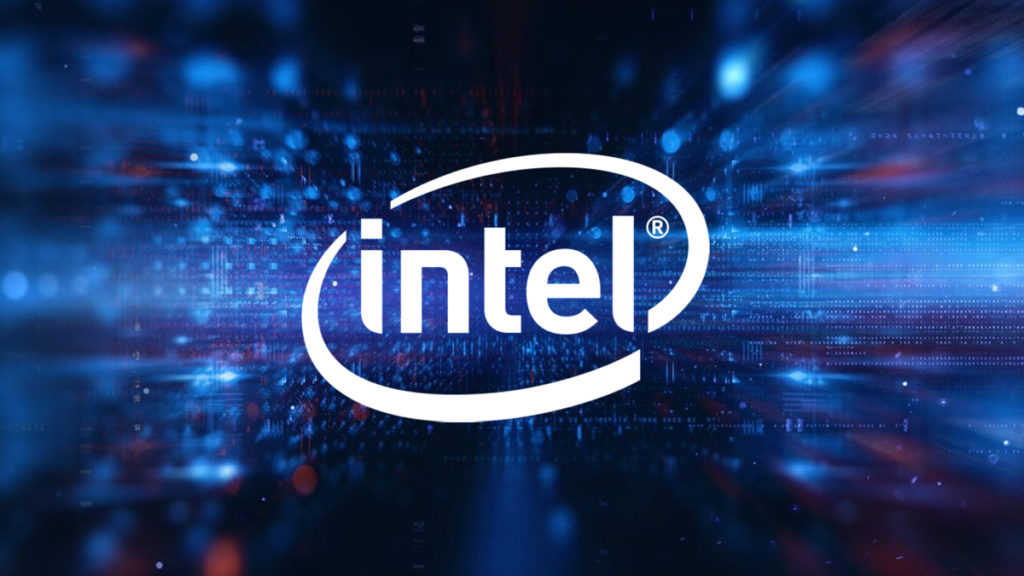
Intel is in hot water again as the European Commission has reimposed fines relating to a previous decision made in 2009. The original 2009 fine of €1.06 billion was in regard to Intel using a “conditional rebate” pitch to customers that involved customers agreeing to purchase all, or nearly all, of their x86 CPUs from Intel but could also be applied to computer manufacturers if they held back or halted the sales of computers which used competitors CPUs.
Since 2009 the previous fines have been annulled while further investigations looked into these practices which have been categorized as “naked restrictions” per Article 102 Treaty on the Functioning of the European Union or TFEU. The fines, which convert to roughly $401,670,210.00 USD, that the European Commission has re-imposed, specifically reference agreements made between November 2002 and December 2006 with Acer, HP, and Lenovo.
With today’s decision, we are re-imposing a €376.36 million fine on Intel for having abused its dominant position in the computer chips market. Intel paid its customers to limit, delay or cancel the sale of products containing computer chips of its main rival. This is illegal under our competition rules. Our decision shows the Commission’s commitment to ensure that very serious antitrust breaches do not go unsanctioned.
Commissioner Didier Reynders (in charge of competition policy)
Press Release (via official page):
“The European Commission has re-imposed a fine of around €376.36 million on Intel for a previously established abuse of dominant position in the market for computer chips called x86 central processing units (‘CPUs’). Intel engaged in a series of anticompetitive practices aimed at excluding competitors from the relevant market in breach of EU antitrust rules.
The decision re-imposing a fine
In 2009, the Commission fined Intel €1.06 billion after finding that Intel abused its dominant position in the market for x86 CPUs. The Commission decision was based on findings that Intel had engaged in two specific forms of illegal practices by: (i) giving wholly or partially hidden rebates to computer manufacturers on condition that they bought all, or almost all, their x86 CPUs from Intel (so-called ‘conditional rebates’); and (ii) paying computer manufacturers to halt or delay the launch of specific products containing competitors’ x86 CPUs and to limit the sales channels available to these products (so-called ‘naked restrictions’).
In 2022, the General Court partially annulled the 2009 Commission’s decision, in particular the Commission’s finding related to Intel’s conditional rebates practice. At the same time, the General Court confirmed that Intel’s naked restrictions amounted to an abuse of dominant market position under EU competition rules. The General Court also annulled the fine imposed on Intel in its entirety after concluding that it could not establish the amount of the fine relating only to the naked restrictions.
Following this judgment, the Commission is today adopting a new decision imposing a fine on Intel only for the naked restrictions. These restrictions took place between November 2002 and December 2006 and consisted in payments made by Intel to three computer manufacturers (i.e., HP, Acer and Lenovo) to halt or delay the launch of specific products containing competitors’ x86 CPUs and to limit the sales channels available to these products.
Naked restrictions constitute a serious infringement of Article 102 Treaty on the Functioning of the European Union (‘TFEU’) and the Commission has therefore decided to re-impose a fine of around €376.36 million on Intel. The lower fine imposed by today’s decision reflects the narrower scope of the infringement compared to the 2009 Commission decision.
This decision is without prejudice to the Commission’s pending appeal against the General Court’s annulment of its 2009 finding of an infringement as regards Intel’s conditional rebates.
Background
Article 102 of the TFEU and Article 54 of the European Economic Area Agreement prohibit the abuse of a dominant position.
On 26 July 2007, the Commission opened proceedings and adopted a Statement of Objections against Intel. On 17 July 2008, the Commission sent a supplementary Statement of Objections and subsequently a letter outlining additional factual elements relevant to the final decision. On 13 May 2009, the Commission fined Intel €1.06 billion for abusing its dominant position in the market for x86 CPUs.
In 2014, the General Court dismissed Intel’s appeal against the 2009 Commission’s decision (T-286/09). In 2017, following an appeal by Intel, the Court of Justice of the European Union (‘Court of Justice’) annulled the 2014 General Court’s judgment and referred the matter back to the General Court (C-413/14 P). In its judgment, the Court of Justice further clarified the conditions to establish when conditional rebates may amount to an infringement of EU competition rules. At the same time, it asked the General Court to review whether the conditional rebates were capable of restricting competition in view of certain economic evidence Intel had relied on before the General Court in 2014. In 2022, the General Court ruled again on the matter and annulled the part of the 2009 Commission’s decision concerning the conditional rebates, but confirmed the unlawfulness of Intel’s naked restrictions (T-286/09 RENV). The General Court also annulled the fine imposed on Intel in its entirety after concluding that it could not establish the amount of the fine relating only to the naked restrictions. The Commission has appealed the part of the 2022 judgment of the General Court concerning the conditional rebates before the Court of Justice (C-240/22 P). The appeal is pending.
More information will be made available under the case number AT.37990 in the public case register on the Commission’s competition website once any confidentiality issues have been resolved. A Q&A on this case is available here. A periodic compilation of antitrust and cartel news is available in the Competition Weekly News Summary.”
